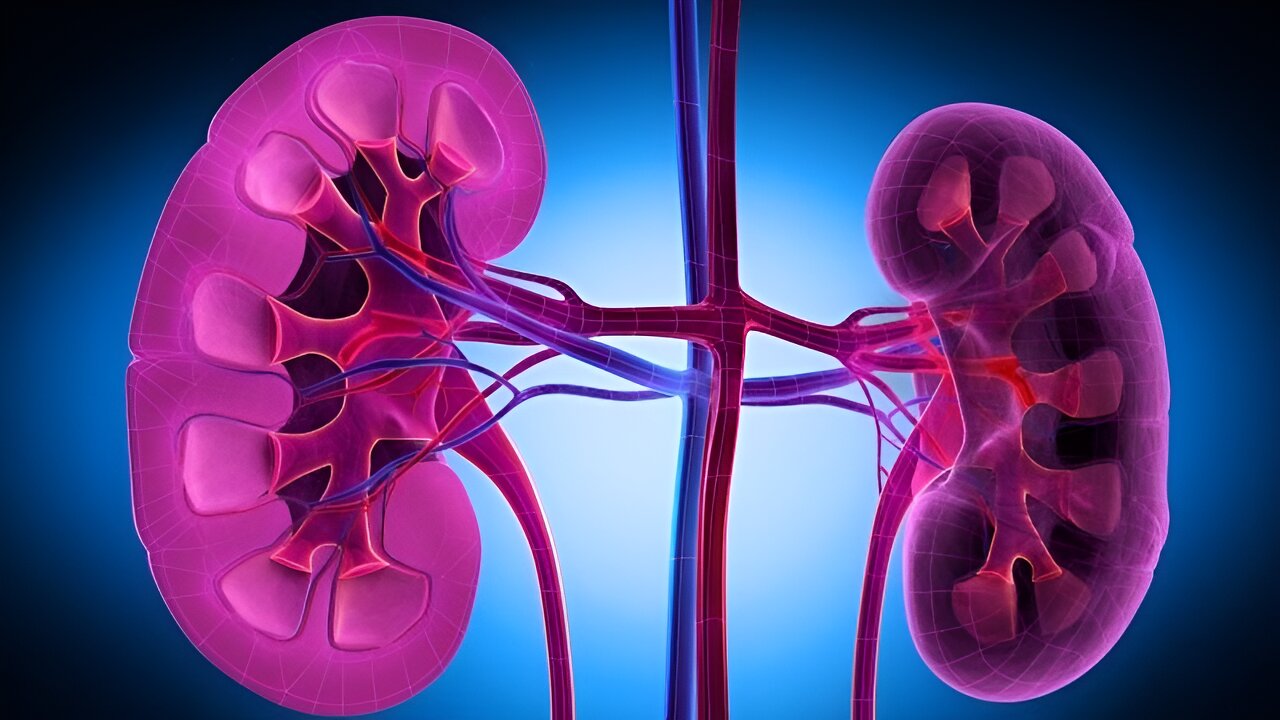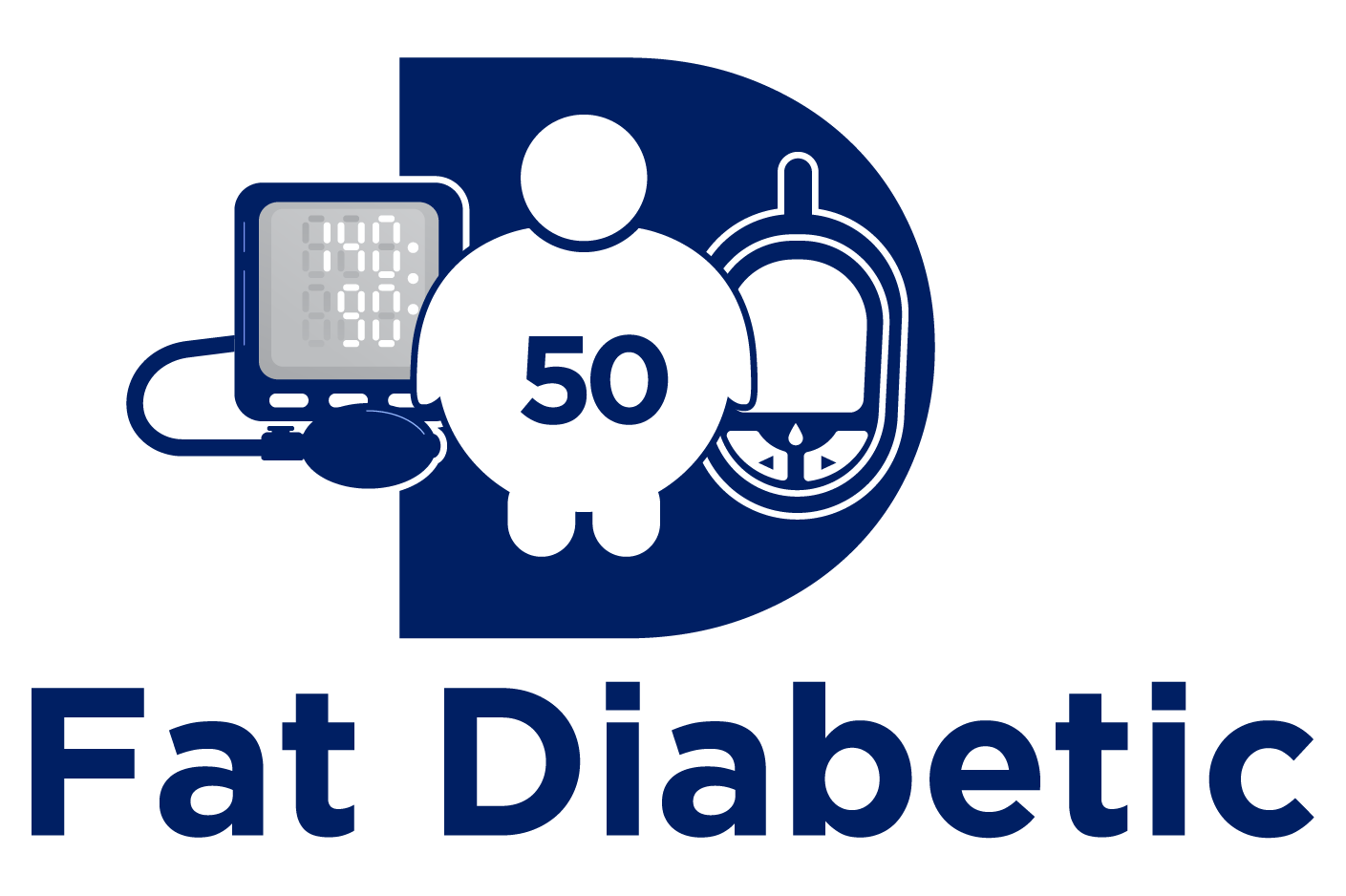
Blog
Chronic Kidney Disease in Patients with Type 2 Diabetes

Understanding the Connection, Treatment, and Monitoring
Introduction
Chronic Kidney Disease (CKD) is a common and severe complication in patients with Type 2 Diabetes. Diabetes is the leading cause of CKD, contributing significantly to the development and progression of kidney dysfunction. This paper aims to provide a comprehensive overview of the connection between Type 2 Diabetes and CKD, detailing the stages of CKD, the impact of diabetic medications, and the importance of monitoring and management.
Stages of Chronic Kidney Disease
CKD is categorized into five stages based on the glomerular filtration rate (GFR), which measures kidney function:
- Stage 1: Kidney damage with normal GFR (90 mL/min or higher). Patients may not show symptoms, but markers of kidney damage such as protein in the urine may be present.
- Stage 2: Mild reduction in GFR (60-89 mL/min). Like Stage 1, symptoms are usually absent, but there is evidence of kidney damage.
- Stage 3: Moderate reduction in GFR (30-59 mL/min). This stage is often divided into 3a (45-59 mL/min) and 3b (30-44 mL/min). Symptoms such as fatigue, swelling, and changes in urination may start to appear.
- Stage 4: Severe reduction in GFR (15-29 mL/min). Symptoms become more pronounced, including significant fatigue, swelling, and possibly nausea.
- Stage 5: Kidney failure (GFR less than 15 mL/min). This stage is also known as end-stage renal disease (ESRD), requiring dialysis or kidney transplantation.
Incidence of CKD and Growth of Dialysis
CKD affects millions of people worldwide, with a significant portion of cases attributed to diabetes. The incidence of CKD among diabetic patients is rising, parallel to the increasing prevalence of Type 2 Diabetes. As CKD progresses to ESRD, the need for dialysis grows. Dialysis is a life-saving treatment that mimics kidney function by removing waste products and excess fluids from the blood. The growing number of dialysis patients underscores the importance of early detection and management of CKD in diabetic individuals.
Medications and Their Impact on CKD
Certain medications used to treat Type 2 Diabetes can influence the progression of CKD. These include:
Metformin
Metformin is a common first-line treatment for Type 2 Diabetes. While effective in controlling blood sugar levels, it is contraindicated in patients with advanced CKD (typically Stage 4 or 5) due to the risk of lactic acidosis, a rare but serious complication.
Other Diabetes Medications
- SGLT2 Inhibitors: These drugs not only lower blood sugar but also have protective effects on the kidneys. They reduce the risk of CKD progression and cardiovascular events.
- GLP-1 Receptor Agonists: These medications help control blood sugar and have been shown to reduce kidney damage in diabetic patients.
- Insulin: While essential for many diabetic patients, improper use can lead to hypoglycemia, which may exacerbate kidney damage over time.
Monitoring and Management of CKD
Monitoring CKD in patients with Type 2 Diabetes is crucial for slowing disease progression and managing symptoms:
- Regular Tests: Kidney function tests (GFR and serum creatinine) and urine tests (albumin-to-creatinine ratio) should be conducted at least every 6 months in Stage 3, and more frequently (every 3-4 months) in Stages 4 and 5.
- Blood Pressure Monitoring: Hypertension is both a cause and a consequence of CKD. Blood pressure should be monitored regularly and maintained within a target range through lifestyle changes and medication.
- Blood Sugar Control: Tight glucose control is essential to prevent further kidney damage. HbA1c levels should be monitored every 3 months.
- Symptoms to Watch For: In Stage 3, symptoms may include fatigue, swelling in the legs, and changes in urination. In Stages 4 and 5, more severe symptoms such as nausea, loss of appetite, and difficulty concentrating may occur.
Complications in CKD
CKD in patients with Type 2 Diabetes is often complicated by other conditions, such as:
- Atherosclerosis: The buildup of plaques in the arteries, leading to cardiovascular disease, which is a leading cause of death in CKD patients.
- Hypertension: High blood pressure is common in CKD and can accelerate kidney damage.
- Insulin Resistance: As kidney function declines, insulin resistance often worsens, complicating diabetes management.
Glomerulosclerosis Explained
Glomerulosclerosis refers to the scarring or hardening of the tiny blood vessels (glomeruli) within the kidneys. In lay terms, it’s like a filter getting clogged and stiff, making it difficult for the kidneys to clean the blood effectively. This scarring reduces the kidneys’ ability to function properly, leading to the progression of CKD.
Conclusion
Managing CKD in patients with Type 2 Diabetes requires a comprehensive approach, including regular monitoring, proper medication management, and addressing associated complications. Early detection and intervention are key to slowing the progression of CKD and improving the quality of life for diabetic patients.
References
- National Kidney Foundation. (2023). Stages of Chronic Kidney Disease (CKD). Retrieved from [URL]
- American Diabetes Association. (2023). Standards of Medical Care in Diabetes—2023. Retrieved from [URL]
- National Institute of Diabetes and Digestive and Kidney Diseases. (2023). Diabetic Kidney Disease. Retrieved from [URL]
